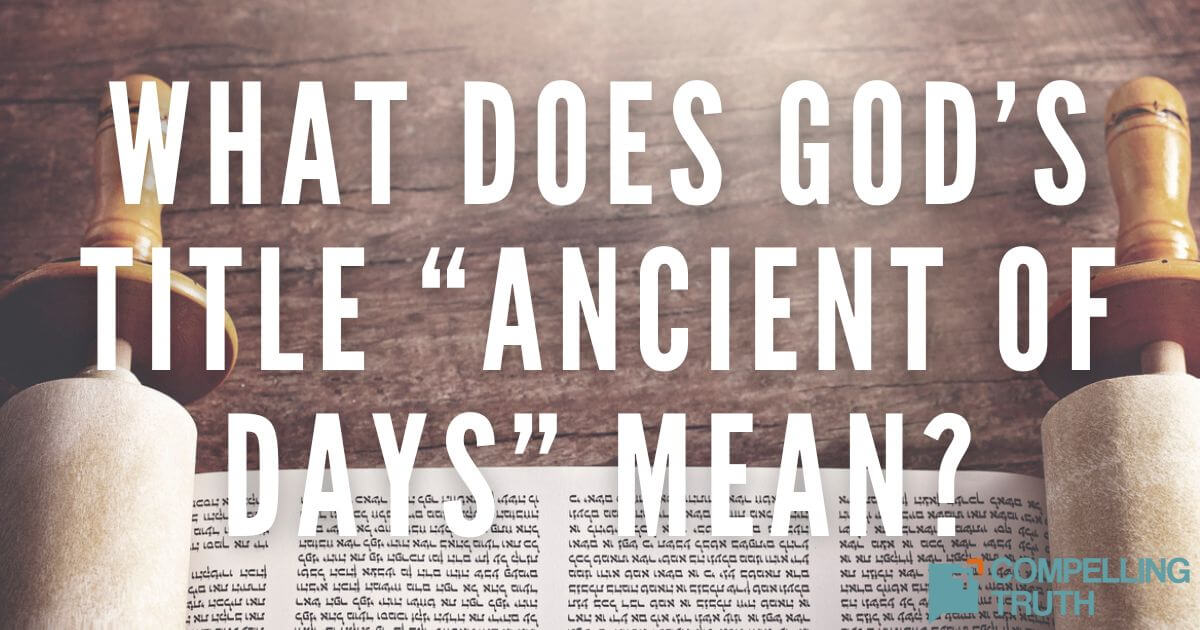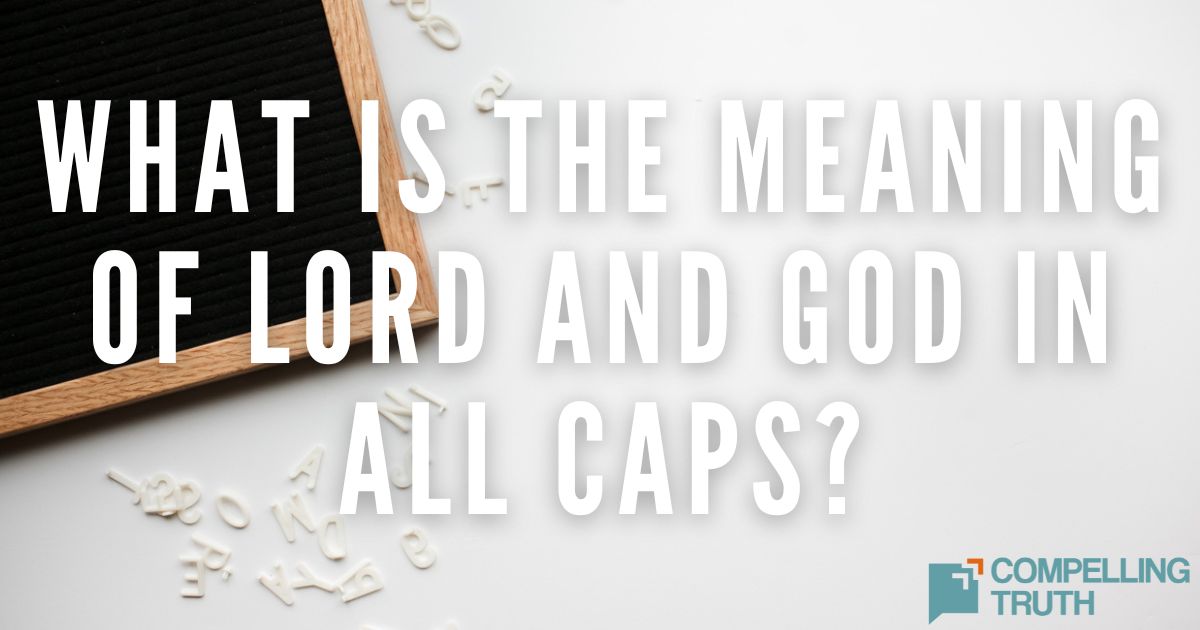There are multiple places in the Bible where God is referred to as the God of Abraham, Isaac, and Jacob (Exodus 3:15; Acts 7:32). While it may seem simpler to refer to Him as the God of Abraham, referring to Him as the God of Abraham, Isaac, and Jacob emphasizes the covenant that He made first with Abraham and repeated with the following generations. This name of God is special because it emphasizes His covenant with Israel and showcases the special role the Israelites fill as God's chosen people.
In Genesis, God called Abraham to go to the land of Canaan and leave his home in Ur of the Chaldees, making a covenant with him which became known as the Abrahamic covenant. Genesis 12:1–3 says: "Now the Lord said to Abram, 'Go from your country and your kindred and your father's house to the land that I will show you. And I will make of you a great nation, and I will bless you and make your name great, so that you will be a blessing. I will bless those who bless you, and him who dishonors you I will curse, and in you all the families of the earth shall be blessed.'"
God promised Abraham land, many descendants, and blessing. He repeated this promise to Abraham's son, Isaac (Genesis 21:12; 26:3–4), and then to Isaac's son, Jacob (Genesis 28:13–15). Due to this multi-generational impact, He is rightly known as the God of Abraham, Isaac, and Jacob.
When God spoke to Moses and instructed him how to communicate with the Israelites in Egypt, He told Moses to refer to Him as the God of Abraham, Isaac, and Jacob (Exodus 3:15–16). Not only did this distinguish Him from the Egyptian gods, it also inherently reminded the Israelites of His longstanding promises to and covenant with them.
In the New Testament, the apostle Peter calls God the God of Abraham, Isaac, and Jacob as a way of linking modern miracles among the Jews to the God of their forefathers and also to Jesus Christ as God incarnate (Acts 3:12–13). He equates Jesus as a fulfillment of the Abrahamic Covenant (Acts 3:25–26).
Jesus Himself talked about the present-tense aspect of this name of God. The name is present-tense, not past-tense: "And as for the resurrection of the dead, have you not read what was said to you by God: 'I am the God of Abraham, and the God of Isaac, and the God of Jacob'? He is not God of the dead, but of the living" (Matthew 22:31–32). This present-tense name of God shows that Abraham, Isaac, and Jacob were (and are still) alive in heaven. It also shows that the Abrahamic covenant God made with Abraham, Isaac, and Jacob stands true even today.
In Genesis, God called Abraham to go to the land of Canaan and leave his home in Ur of the Chaldees, making a covenant with him which became known as the Abrahamic covenant. Genesis 12:1–3 says: "Now the Lord said to Abram, 'Go from your country and your kindred and your father's house to the land that I will show you. And I will make of you a great nation, and I will bless you and make your name great, so that you will be a blessing. I will bless those who bless you, and him who dishonors you I will curse, and in you all the families of the earth shall be blessed.'"
God promised Abraham land, many descendants, and blessing. He repeated this promise to Abraham's son, Isaac (Genesis 21:12; 26:3–4), and then to Isaac's son, Jacob (Genesis 28:13–15). Due to this multi-generational impact, He is rightly known as the God of Abraham, Isaac, and Jacob.
When God spoke to Moses and instructed him how to communicate with the Israelites in Egypt, He told Moses to refer to Him as the God of Abraham, Isaac, and Jacob (Exodus 3:15–16). Not only did this distinguish Him from the Egyptian gods, it also inherently reminded the Israelites of His longstanding promises to and covenant with them.
In the New Testament, the apostle Peter calls God the God of Abraham, Isaac, and Jacob as a way of linking modern miracles among the Jews to the God of their forefathers and also to Jesus Christ as God incarnate (Acts 3:12–13). He equates Jesus as a fulfillment of the Abrahamic Covenant (Acts 3:25–26).
Jesus Himself talked about the present-tense aspect of this name of God. The name is present-tense, not past-tense: "And as for the resurrection of the dead, have you not read what was said to you by God: 'I am the God of Abraham, and the God of Isaac, and the God of Jacob'? He is not God of the dead, but of the living" (Matthew 22:31–32). This present-tense name of God shows that Abraham, Isaac, and Jacob were (and are still) alive in heaven. It also shows that the Abrahamic covenant God made with Abraham, Isaac, and Jacob stands true even today.



